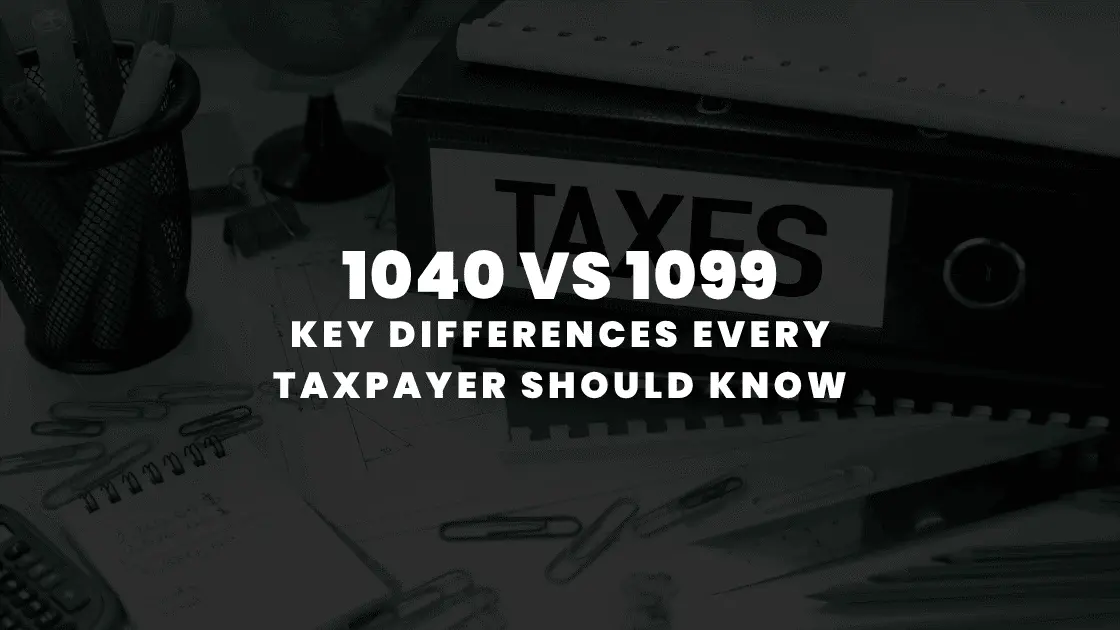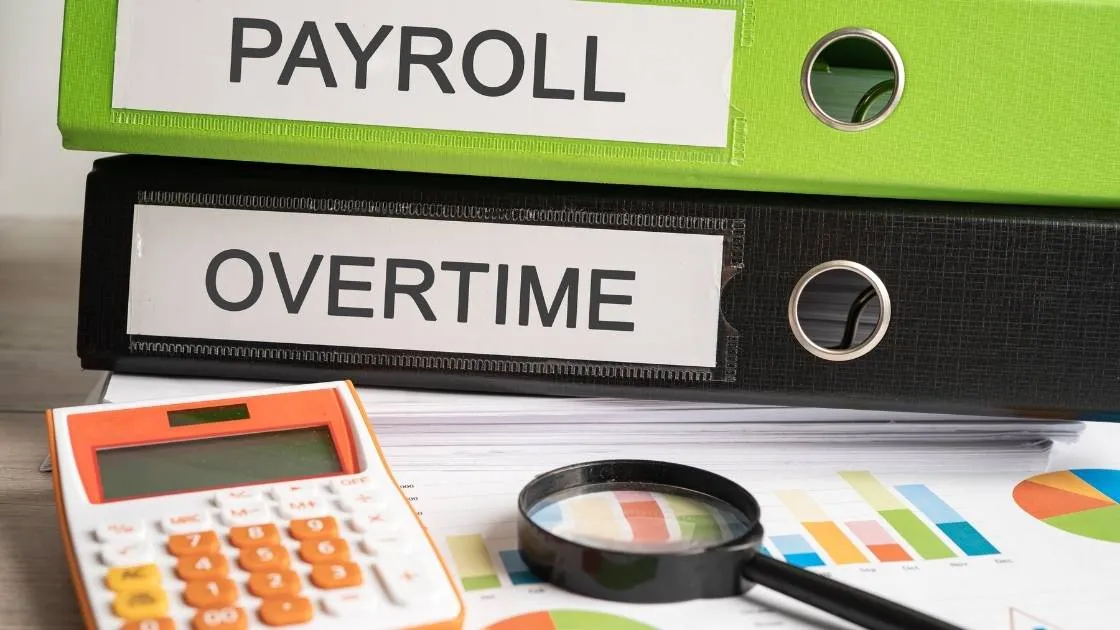September 27 2023 | By Farwah Jafri | 5 minutes Read

What does a tax write-off mean?
How do tax write-offs work: An Overview
Bank Loans
Outstanding Payments (Receivables)
Inventory
Tax Write-Offs
Distinguishing Write-Offs from Write-Downs
What Does a Tax Write-Off Entail?
How Do Businesses Implement a Write-Off?
What Are the GAAP Guidelines for Business Write-Offs?
In Conclusion
Businesses frequently use write-offs to deal with losses related to various situations. On a financial statement, a write-off usually involves reducing the value of an asset (debiting an expense account) and acknowledging the related liability (crediting an asset account). The specifics of each write-off can vary, but the expenses are generally reported on the income statement, which subtracts from any previously reported revenues.
Let’s explore more about what does a tax write-off means and how do tax write-offs work?
A write-off is a financial move used in accounting to decrease the recorded value of an asset and record a liability simultaneously. Businesses typically employ this method to account for unpaid loans, outstanding payments, or losses in their stored inventory. It can also be seen to reduce the taxes a business or individual owes.
Generally accepted accounting principles (GAAP) lay out the proper accounting entries for a write-off. The two most common methods for business write-offs are the direct write-off method and the allowance method. The specific entries will depend on each unique situation. Three common scenarios for business write-offs include unpaid bank loans, outstanding payments, and inventory losses.
Financial institutions use write-off accounts when they’ve exhausted all debt collection efforts. These write-offs are closely monitored alongside an institution’s loan loss reserves, which project potential losses from unpaid debts. Loan loss reserves serve as a forecast, while write-offs represent the final action.
A business may write off an outstanding payment when it becomes clear that a customer won’t fulfill their obligation. In financial terms, this usually involves reducing the accounts receivable (an asset) and recognizing the unpaid amount as a liability.
Companies may need to write off inventory for various reasons, such as loss, theft, spoilage, or obsolescence. On the financial statement, writing off inventory means debiting an expense account for the value of unusable inventory and crediting the inventory account.
Write-off is also used informally to describe anything that lowers taxable income. It includes deductions, tax credits, and various expenses.
Both businesses and individuals can claim deductions to reduce their taxable income. For example, the Internal Revenue Service allows individuals to claim a standard deduction on their tax returns. Alternatively, they can itemize deductions if they exceed the standard deduction threshold. These deductions reduce the adjusted gross income, which is then subjected to a corresponding tax rate.
Tax credits are another form of write-off. Tax credits directly reduce the amount of taxes owed, effectively lowering the overall tax bill.
Corporations and small businesses have a wide range of expenses that can significantly reduce their taxable profits. Recording these expenses as write-offs on the income statement leads to lower taxable income and, consequently, lower taxes owed.
A write-off represents an extreme form of a write-down, wherein the recorded value of an asset drops below its fair market worth. To illustrate, if some equipment sustains damage, its value might be adjusted downward if it remains partly functional. Similarly, when a borrower can only repay a portion of a loan, the debt could be written down.
The distinction between a write-off and a write-down primarily hinges on the extent of the adjustment. While a write-down involves a partial reduction in the asset’s recorded value, a write-off indicates that the asset is no longer expected to generate revenue. Typically, this happens when an asset is so severely impaired that it no longer serves the owners any productive or useful purpose.
The Internal Revenue Service allows people to claim a standard deduction on income tax return and itemize deductions if they exceed this standard deduction threshold. Deductions reduce the adjusted gross income, which, in turn, impacts the applicable tax rate. Tax credits can also be considered a form of write-off because they directly lower the total tax liability. For businesses, the IRS allows the deduction of a wide array of expenses, significantly reducing taxable profits.
Businesses frequently employ accounting write-offs to account for losses related to various asset situations. Typically, on the balance sheet, write-offs involve debiting an expense account and crediting the associated asset account. Although each write-off scenario may differ, expenses are usually reflected on the income statement, subtracting from any previously reported revenues. Consequently, this leads to a lower profit and reduced taxable income.
Generally Accepted Accounting Principles (GAAP) provide detailed guidelines on the necessary accounting entries for write-offs. The two most prevalent business accounting methods for write-offs are the direct write-off method and the allowance method. The specific entries employed will vary depending on the unique circumstances. Three frequent scenarios for business write-offs include unrecovered bank loans, uncollectible receivables, and losses from stored inventory.
We have unlocked the phenomena of what does write-offs mean and how do tax write-offs work. A solid grasp of write-offs and the distinction between a tax write-off and a write-down can reduce taxable income and enhance the accuracy of a business’s financial records. It is essential to familiarize yourself with the relevant write-offs applicable to your specific situation and seize the opportunity to benefit from them when they are applicable.
Simplify your business financials by getting an expert review from one of our experts at Monily.
Subscribe for business tips, tax updates, financial fundamentals and more.
MORE BLOGS

Running a small business means every dollar matters. You work hard to earn revenue, manage expenses, and grow steadily, yet tax time often feels like money […]
Learn More →
Tax season can be overwhelming, especially when you’re staring at multiple forms with numbers instead of names. Two of the most common, and often misunderstood, are […]
Learn More →
Working extra hours can feel rewarding, after all you’re putting in more time, showing dedication, and earning more money. But when you look at your paycheck, […]
Learn More →